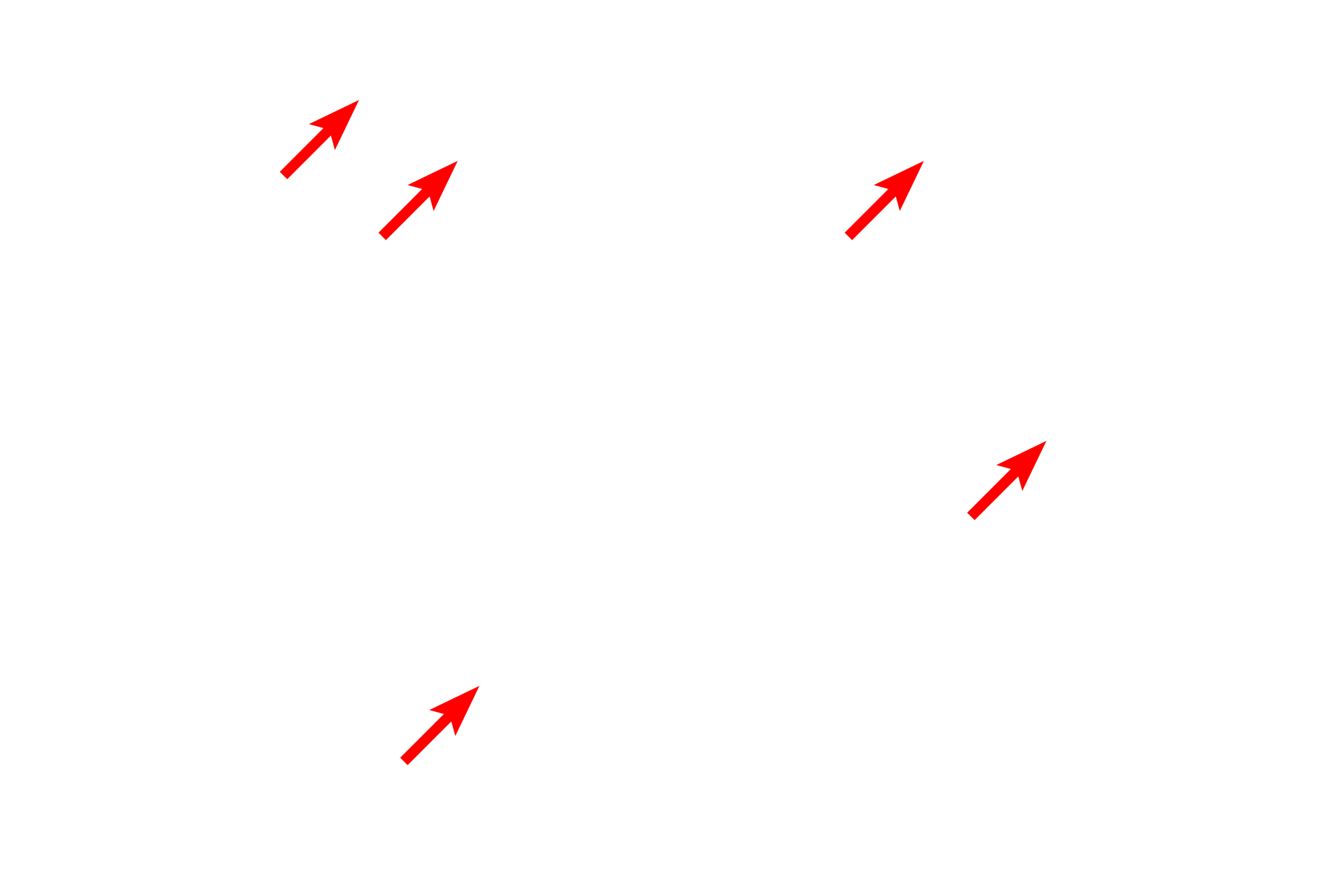
Intermediate filaments
Intermediate filaments are 8-10 nm in diameter and occur singly or in bundles, as shown in this micrograph. Intermediate filaments primarily provide support for the cell and are biochemically and structurally diverse among different cell types. In this image, the filaments are composed of the protein keratin and form tonofilaments in the epidermis. Skin 15,000x

Intermediate filaments
Intermediate filaments are 8-10 nm in diameter and occur singly or in bundles, as shown in this micrograph. Intermediate filaments primarily provide support for the cell and are biochemically and structurally diverse among different cell types. In this image, the filaments are composed of the protein keratin and form tonofilaments in the epidermis. Skin 15,000x

Nuclei
Intermediate filaments are 8-10 nm in diameter and occur singly or in bundles, as shown in this micrograph. Intermediate filaments primarily provide support for the cell and are biochemically and structurally diverse among different cell types. In this image, the filaments are composed of the protein keratin and form tonofilaments in the epidermis. Skin 15,000x
 PREVIOUS
PREVIOUS